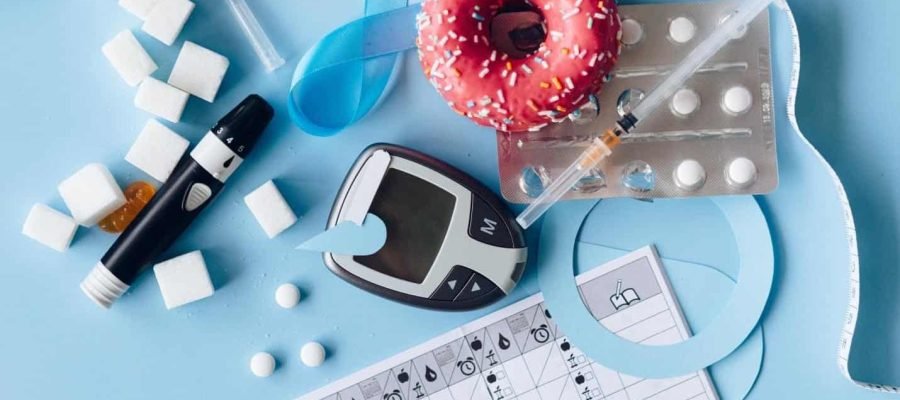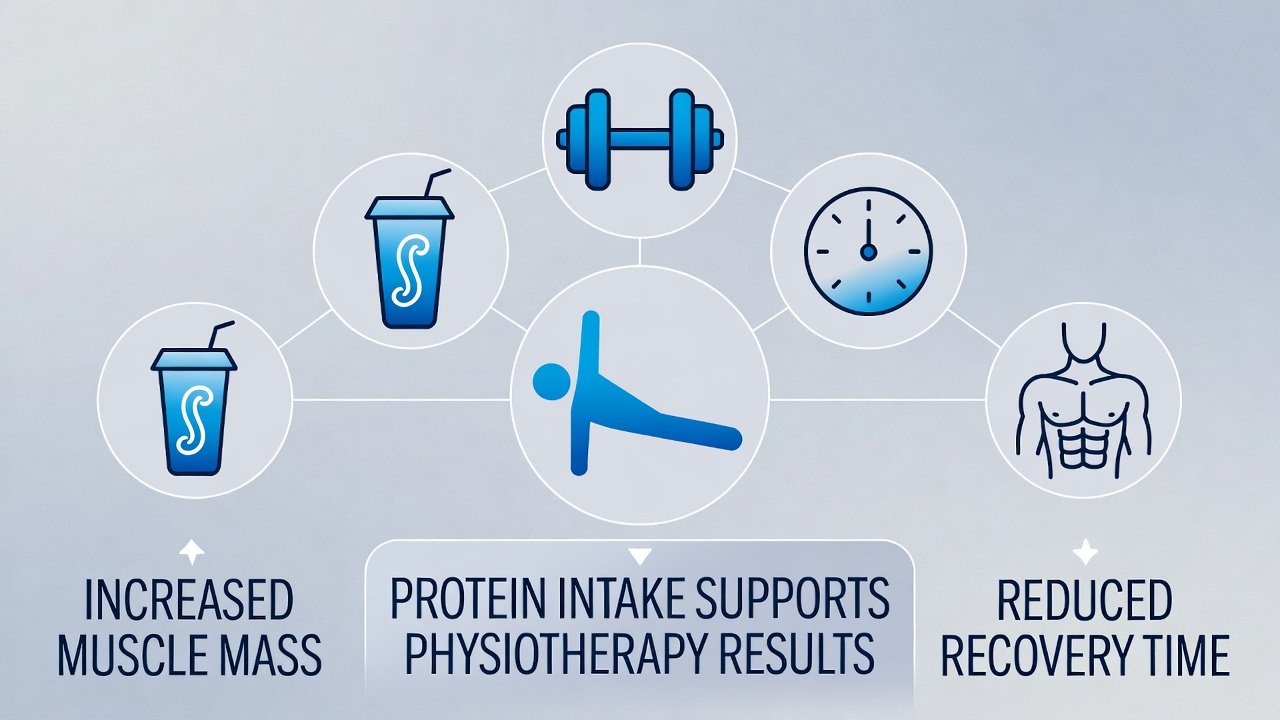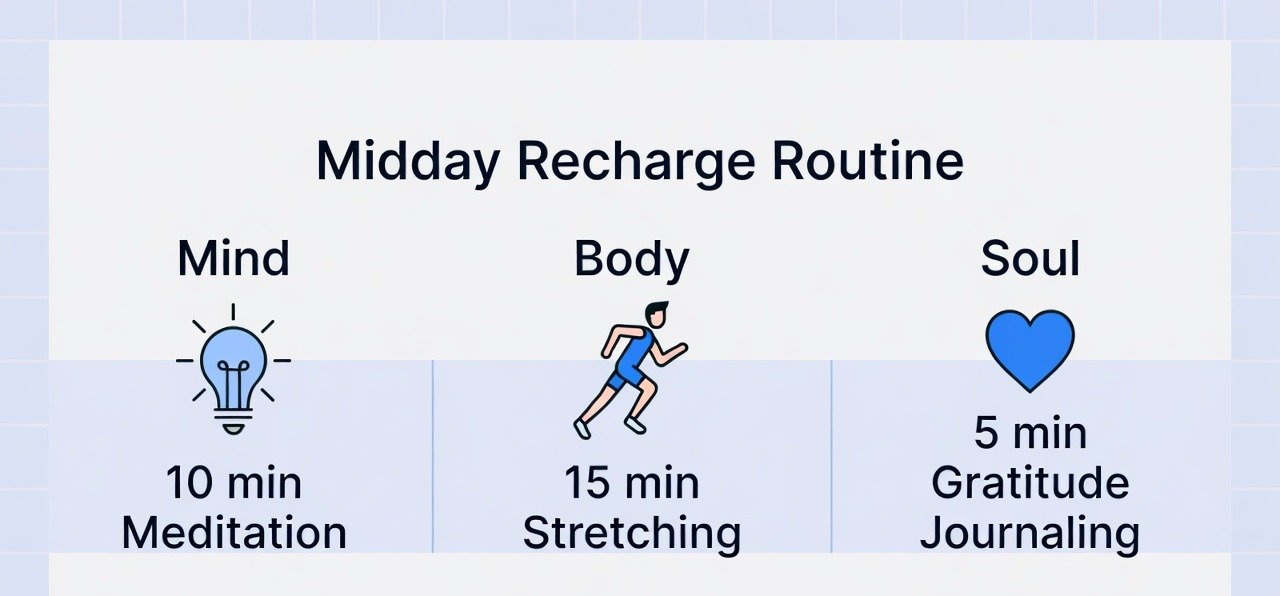Insulin is a well-known drug not just in the field of medicine but to us all, and the reason might be its excessive usage by people with diabetes. Insulin, without a doubt, is the drug that is helping many people to survive and is also an essential part of in-home care programs that help with fall prevention at home Whittier. However, here is everything you want to know about it:
What is Insulin?
Insulin is a hormone produced by our pancreas and controls the glucose level in our bloodstream. It also helps with the regulation of carbohydrates, proteins, and fats and plays a vital role in the whole metabolism process. If your pancreas isn’t working well and not producing Insulin, your body fails to make any fat or even store glucose in your liver or muscles.
How does Insulin Benefit Your Body?
- Insulin helps convert blood glucose into energy that helps the body maintain its functionality. If your body fails to get Insulin, the cells look for alternative ways of getting energy which leads to life-endangering complications.
- Insulin allows the liver to store the extra glucose and use it later to provide needed energy. This keeps your blood glucose level maintained.
- When your liver can no longer store the excess glucose, Insulin signals your muscles and fat cell to keep it. As a response, cells start producing glycogen, a name given to the stored form of glucose. It provides you with energy when your body needs it.
- Having a stable blood sugar level is vital for the body to function correctly. Any abnormality, increased or decreased glucose level, can lead to fatal heart, kidney, and blood vessel issues. It also affects the eyes.
- Diabetes, both type 1 and type 2, are an outcome of pancreatic malfunctioning. When the pancreas fails to produce the required amount of Insulin, as a result, the sugar level in the blood gets either alarmingly high or low. This is why using insulin helps a person with diabetes cope with symptoms of the disease for the rest of their lives.
What types of Insulin can you get?
If the pancreas cannot produce the required amount of Insulin, you can thankfully get it externally and keep the functionality of your body and organs intact. Here are the options that you have got:
- A rapidly acting insulin enters the bloodstream within fifteen minutes and gives your body energy for up to four hours.
- The short-acting Insulin enters the blood in 30 minutes and works for 6 hours.
- Intermediate Insulin enters your blood in 2 to 4 hours and remains effective for 18 hours straight.
- While long-acting Insulin takes a few hours to enter your bloodstream and is effective for 24 hours.
What are the common ways of getting Insulin?
There are two frequently used ways of getting Insulin:
Injections: Insulin can be injected into the body through the upper arm, thighs, buttocks, or abdomen. However, it is recommended that you keep changing the spot because constantly using the same area can result in fatty deposits.
Pump: some people prefer getting a pump that has a catheter and a reservoir. It is installed under the fatty tissues of the abdomen and keeps providing small doses of Insulin throughout the day from the reservoir through a thin tube. To prevent the risk of infection, the pump’s insertion site should be changed every 2 or 3 days.
Which type of insulin insertion you need is often recommended by your doctor, depending on the daily doses your body needs.
Insulin is a remarkable hormone and a drug that keeps our body healthy!
Please review our business at: Google Yelp Facebook
If you’d like to learn more, please visit our Member’s Area to access our subscribed content.
Did you know you can work out and exercise with a trainer at your home, office, hotel room, or anywhere in the world with online personal training?
Like us on Facebook/Connect with us on LinkedIn/Follow us on Twitter
Make sure to forward this to friends and followers!






